Discover Talking About Organizations Podcast
Talking About Organizations Podcast

Talking About Organizations Podcast
Author: Talking About Organizations
Subscribed: 231Played: 5,968Subscribe
Share
© Talking About Organizations
Description
Talking About Organizations is a conversational podcast where we talk about one book, journal article or idea per episode and try to understand it, its purpose and its impact. By joining us as we collectively tackle classic readings on organization theory, management science, organizational behavior, industrial psychology, organizational learning, culture, climate, leadership, public administration, and so many more! Subscribe to our feed and begin Talking About Organizations as we take on great management thinkers of past and present!
340 Episodes
Reverse
We conclude our episode on economic sociology and valuation by looking at the impact work has had on contemporary research. Societies continue to wrestle with how to properly assign value to intangible things such as non-fungible tokens and other cryptocurrencies, “climate change,” and “social media.” There are also questions of the value and utility of expertise in legal proceedings – is it better to have the best expert as a witness or an expert who is a more effective communicator?
Economic sociology bridges economics and sociology, exploring questions such as how social environments explain and influence economic activities. Of interest for this episode is the subfield of economic valuation, in which researchers have been studying how the monetary worth of something is formed or constructed. One influential work is Marion Fourcade’s “Cents and Sensibility: Economic Valuation and the Nature of
‘Nature’,” published in the American Journal of Sociology in 2011. The article explores the economic valuation of peculiar goods, things that are intangible or otherwise cannot be exchanged in a market yet have a social
value, and uses a case study of the legal proceedings following oil spills in the US and France to explain why the monetary awards were calculated so differently from each other.
Coming soon! We enter the field of economic sociology and valuation through a comparative study by Marion Fourcade on the different legal outcomes of oil spills in the US and France. “Cents and Sensibility: Economic Valuation and the Nature of ‘Nature’,” published in the American Journal of Sociology in 2011, presents a case study of the legal proceedings following oil spills in the US (the Exxon Valdez) and France (the Amoco Caldez) where the two lawsuits resulted in surprisingly different monetary awards to the plaintiffs. Why? The answers lie in how the nations constructed the very meaning of nature and its ostensible value.
In this final release of our 5th year celebration, we welcome the perspectives of several past guests, hosts, and observers of past recordings -- with additional commentary from cast members Pedro, Miranda, Catherine, Leonardo, and Tom. Our guests discussed the experiences (and fun) of participating in the podcast, the podcast's current role and potential future directions, and the state of scholarship in organization studies. We thank our guests -- Deborah Brewis, Leon Prieto, Simone Phipps, Maja Korica, Marc Ventresca, Fabricio Neves, Polyana Silva, and Ella Hafermalz.
About a month before the anniversary, we solicited questions from our listeners about things they wanted to know or suggestions for the podcast. Out of the large number of excellent questions received; Dmitrijs, Miranda, Maikel, Jarryd, and Tom broke it down to five that we tackled and discussed in our own Talking About Organizations way. The questions covered academic publication, desires for different topics to be included in the show, on the state of organization studies today, addressing contemporary issues, and attacking wicked problems.
On October 13, 2020, we celebrate our fifth anniversary with a series of releases over next two weeks. In these release, we offer listeners an insider perspective on the making of our episodes. Dmitrijs, Pedro, Ralph, and Tom discuss how we choose an episode topic, schedule it, record it and conduct post-production, and release it through the web and RSS feeds. We also talk about the broader Talking About Organizations Network and what we enjoy most about doing the podcast.
This month we return to the works of Rosabeth Moss Kanter, whose works on tokenism we explored way back in Episode 17. This time, we will discuss one of her better known books Commitment and Community: Commune and Utopias in Sociological Perspective that examines the origins and life cycle of numerous communes that sprang up in the US from the mid-19th century to the 1960s. Written based on her dissertation study at a time when hippie communes were popular, she wondered what drove people to start or join these communes and what factors enabled the communes’ survival. This week’s Part 1 is about her conceptual framework and study, and next week’s Part 2 will focus on the conclusions and implications for social movements today.
Coming soon! In our next episode, we will discuss Rosabeth Moss Kanter’s famous book Commitment and Community that examines the origins and life cycle of numerous communes that sprang up in the US from the mid-19th century to the 1960s. What drove people to start or join these communes? And then, what factors allowed some to survive for decades or longer while others broke up within months? The answers have added greatly to our understandings of individual commitment to an organization and an organization’s commitment to its members.
In Part 2 of the episode on Kuhn’s Structure of Scientific Revolutions, we bring the concepts to the present day. His essay uses examples mostly from the natural sciences, so we ponder over how well his concepts apply to the social sciences. Also, in Kuhn’s time, science was generally seen to be a good thing and scientific progress translated into benefits for society writ large. Sixty-plus years later, science and scientists are not necessarily as highly regarded. What might that mean for the future of science?
For our 10th anniversary episode, we selected a modern classic that greatly informs science and research across many disciplines, including organization studies. Thomas Kuhn’s The Structure of Scientific Revolutions is a book often assigned to rising graduate students as a primer for entering the sciences. A culmination of Kuhn’s earlier works on the philosophy and history of science, Scientific Revolutions challenges the notion that science progresses along a predictable or linear path and instead progresses through significant episodes of disruptive change. Filled with useful and accessible historical examples, Kuhn is a great resource for understanding how science and scientific communities function.
Coming soon! For our 10th anniversary episode, we selected a modern classic that greatly informs science and research across many disciplines, including organization studies. Thomas Kuhn’s The Structure of Scientific Revolutions is a book often assigned to rising graduate students as a primer for entering the sciences.
10 years ago today, on October 13th, 2015, four rising scholars – Dmitrijs, Pedro, Miranda, and Ralph – launched the Talking About Organization Podcast with an episode on Frederic Taylor’s The Principles of Scientific Management. In this special, current-day cast members reflect on what we have done and what we would like to continue doing in the program. To learn more about this program and its mission, please go to our website at www.talkingaboutorganizations.com
In Part 2 of the episode on the Private SNAFU video series, we recount the various trials and tribulations of developing training modules for organizational use. What kinds of media and approaches would be most effective and most efficient, given the increasing breadth and complexity of workplace rules and policies that need to be socialized among the workforce?
Private SNAFU was a series of black-and-white animated shorts of three to five minutes in length recounting various misadventures of the title character as he goes to war. The purpose of the training videos was to socialize and reinforce the importance of adherence existing US Army policies and procedures and helping to introduce soldiers to potential hazards and challenges that they would face in combat. Produced by Warner Bros. using a Looney Tunes animation style, the shorts used comedy to get the points across that failing to adhere to the rules would compromise the mission and likely get oneself killed or seriously injured. We examine these videos through an organizational socialization lens – how to impart the needed rules and regulations to a large number of homesick and nervous soldiers and make the messages stick?
For this year’s movie episode, we elected to take on a video series used during World War II to help socialize US Army rules and procedures among forces either deployed or getting ready to deploy. Private SNAFU was a series of black-and-white animated shorts of three to five minutesin length recounting various misadventures of the title character as he goes to war. We will examine these videos from an organizational studies perspective.
In Part 2, we continue exploring the case study of NASA in the 1960s. Having discussed the strategies used by President Kennedy to inspire NASA’s members to the ultimate goal of putting a man on the moon by the end of the decade, it was then up to the members to connect their work activities (many of which had nothing directly to do with spaceflight) to that ultimate goal. To what extent could this be replicated, we asked ourselves? Or was the moon shot so unique that replication is not really possible? Turn in and see what we have to say on the matter.
In this month’s episode, we examine a historical case study about how meaningfulness of work can be shaped by leaders’ actions. One frequently cited example of the solidarity felt among members of the National Aeronautics and Space Administration (NASA) during the decade-long runup to the Apollo XI moon landing is the often-repeated—but apocryphal—story of a NASA janitor who, when asked by President John F. Kennedy what he was doing, replied, “I’m not just mopping the floors, I’m putting a man on the moon!” This is the title of an article by Andrew Carton, who examined thousands of documents to uncover how President Kennedy and NASA leaders instilled meaningfulness and purpose among workers, allowing them to connect their individual work activities to the overall organizational purpose. The janitor story may be a myth, but the general sentiments were real and this paper based on archival data shows how leaders can be architects of meaningfulness.
Coming soon! We will discuss Drew Carton’s 2018 article “’I’m not mopping the floors, I’m putting a man on the moon’: How NASA leaders enhanced the meaningfulness of work by changing the meaning of work” from Administrative Science Quarterly that delves into the reality behind the myth of the highly motivated NASA janitor during the 1960s.
In Part 2 of the episode on Mark Granovetter's 1985 paper, "Economic Action and Social Structure: The Problem of Embeddedness," we consider the meaning of embeddedness in contemporary practical situations and the significant body of research that followed forty years later. His framework provides a more nuanced and realistic explanation of economic life, accounting for both the guiding influence of social contexts and the capacity of individuals to act independently when necessary.
In this month’s episode, we discuss Mark Granovetter's 1985 paper, Economic Action and Social Structure: The Problem of Embeddedness. Granovetter's work provided a middle ground between two overly simplistic perspectives presented respectively by economists and sociologists-- the undersocialized view that treated individuals as isolated, purely rational agents and the oversocialized perspective that viewed individuals as enmeshed in social norms and lacking personal agency. Embeddedness allows social ties, trust, and networks to mediate economic transactions—reducing uncertainties, lowering transaction costs, and facilitating cooperation.


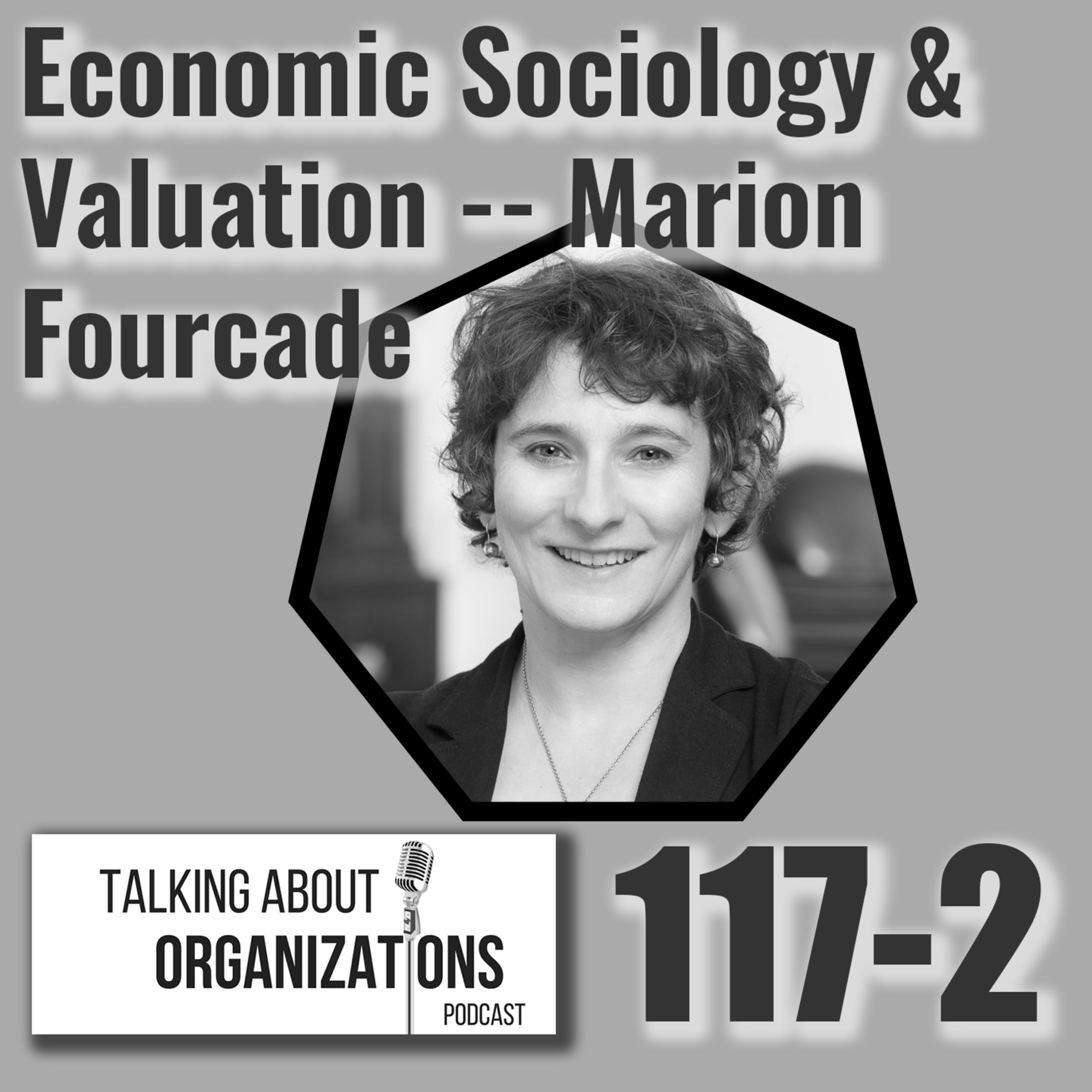
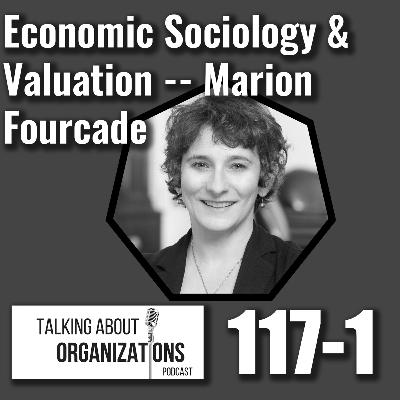

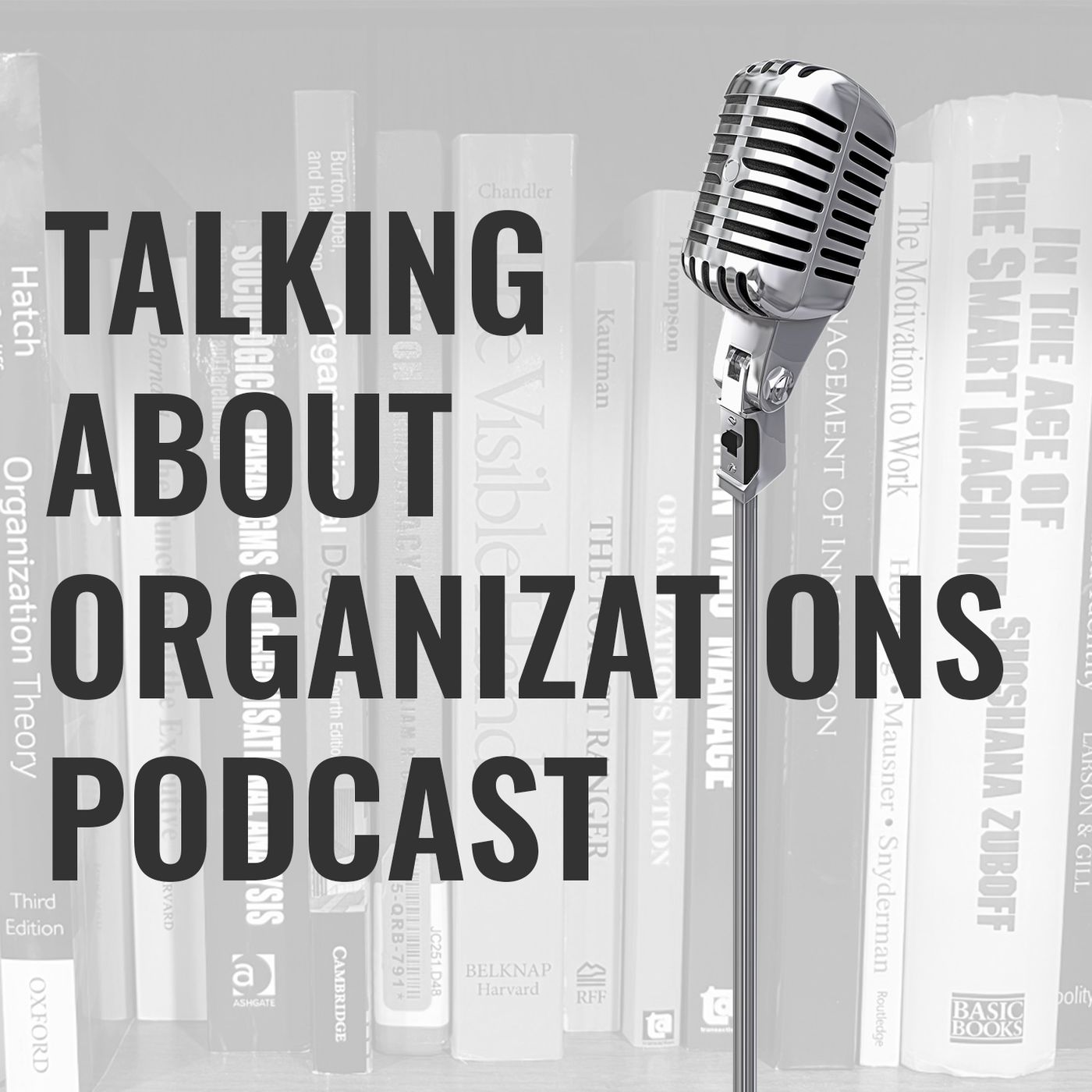
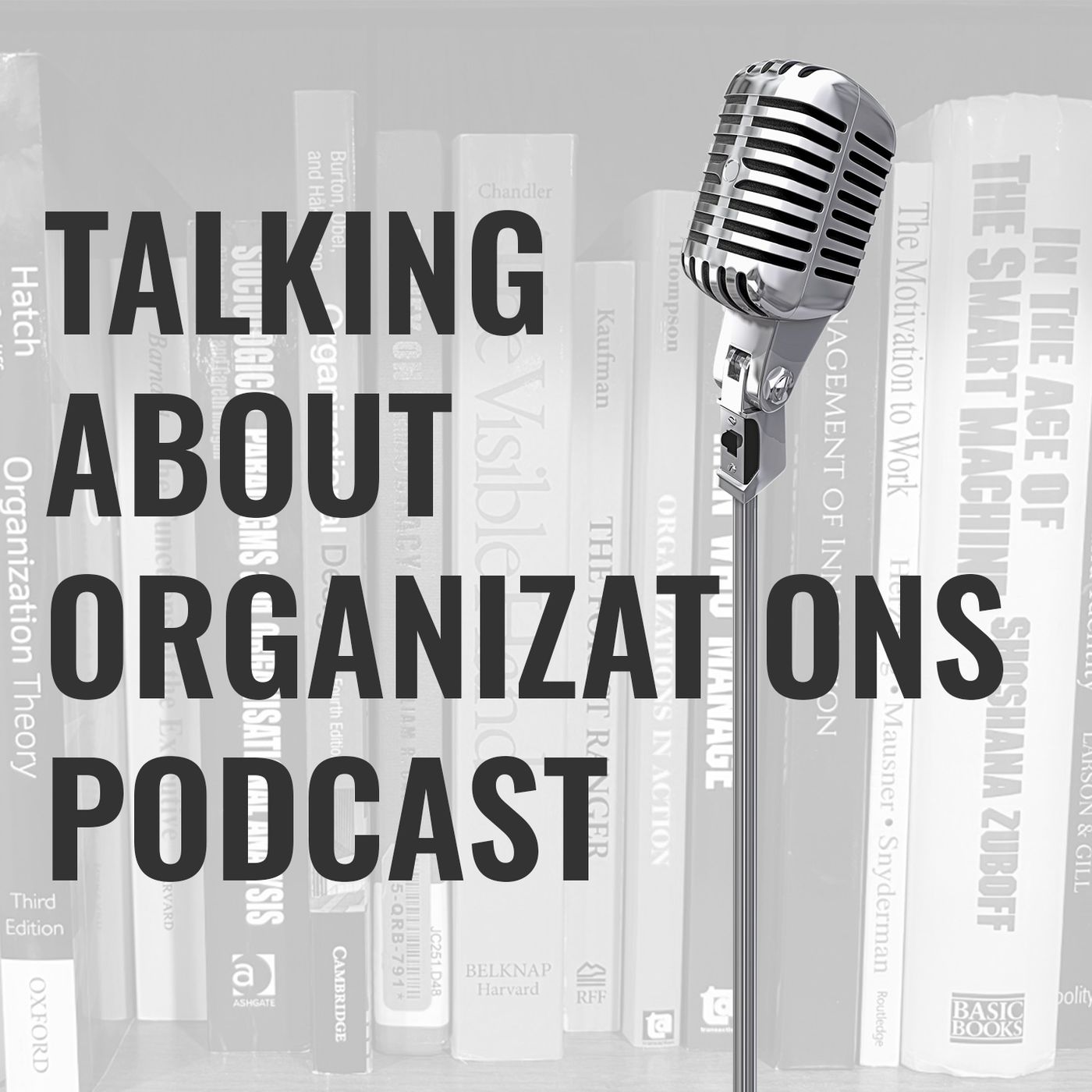
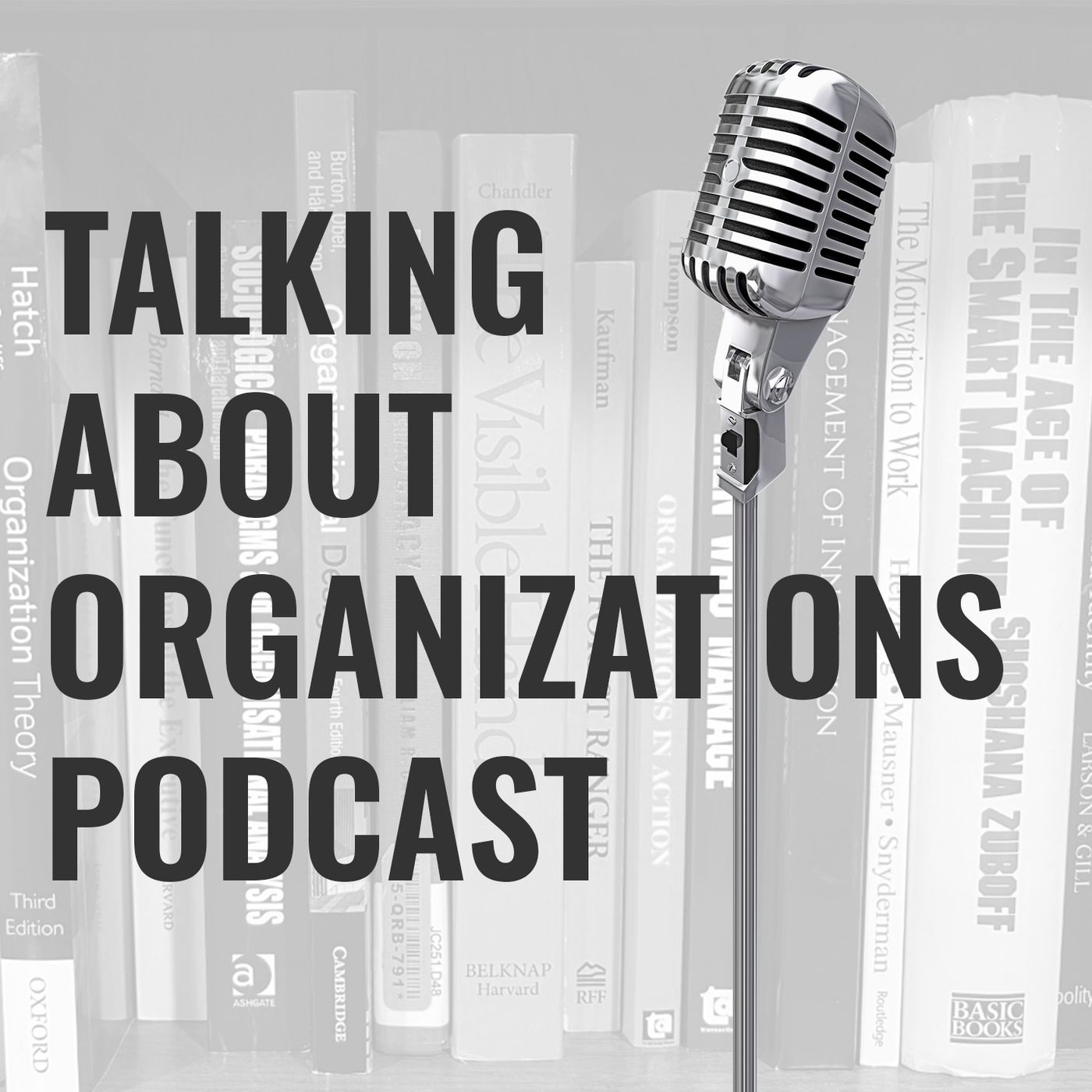
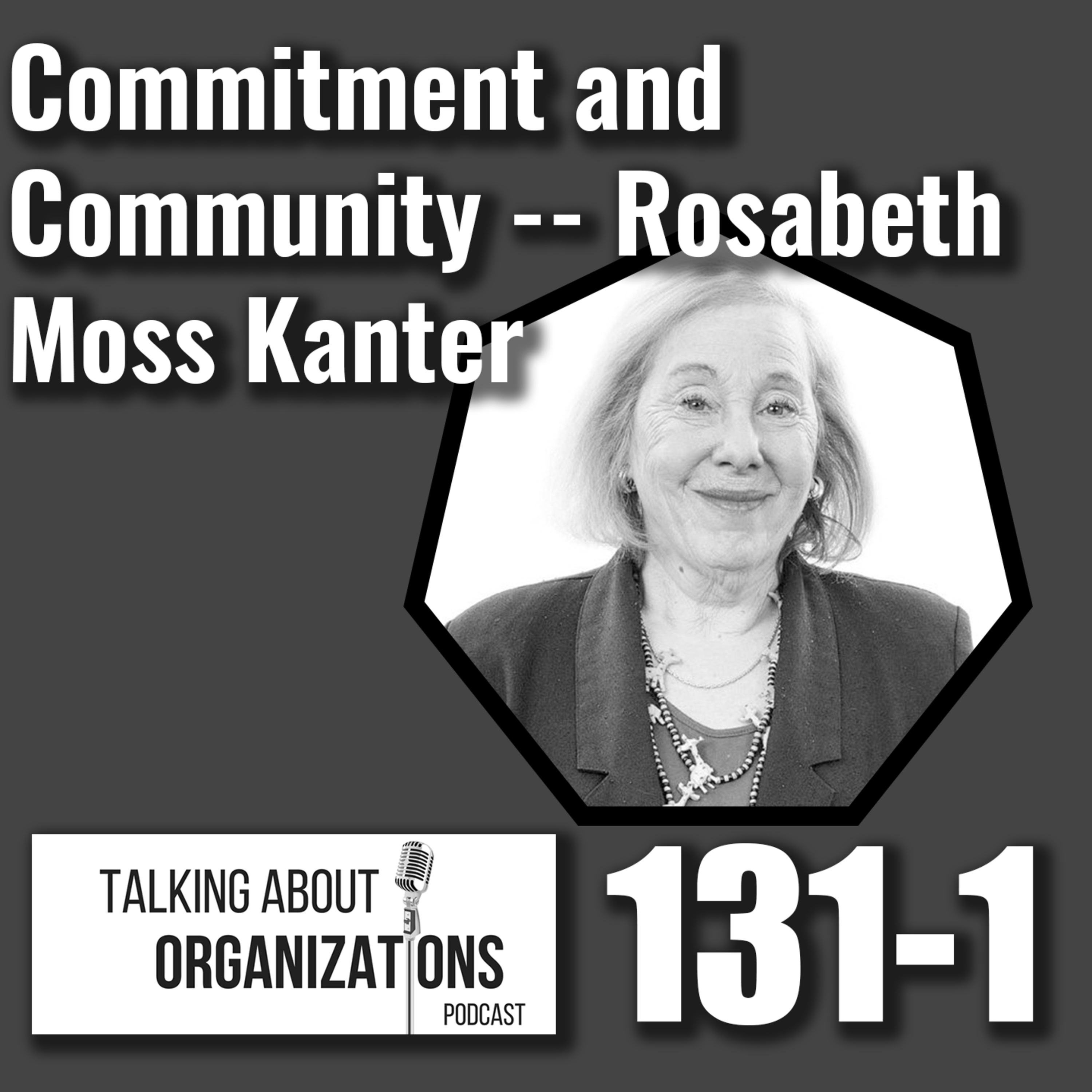
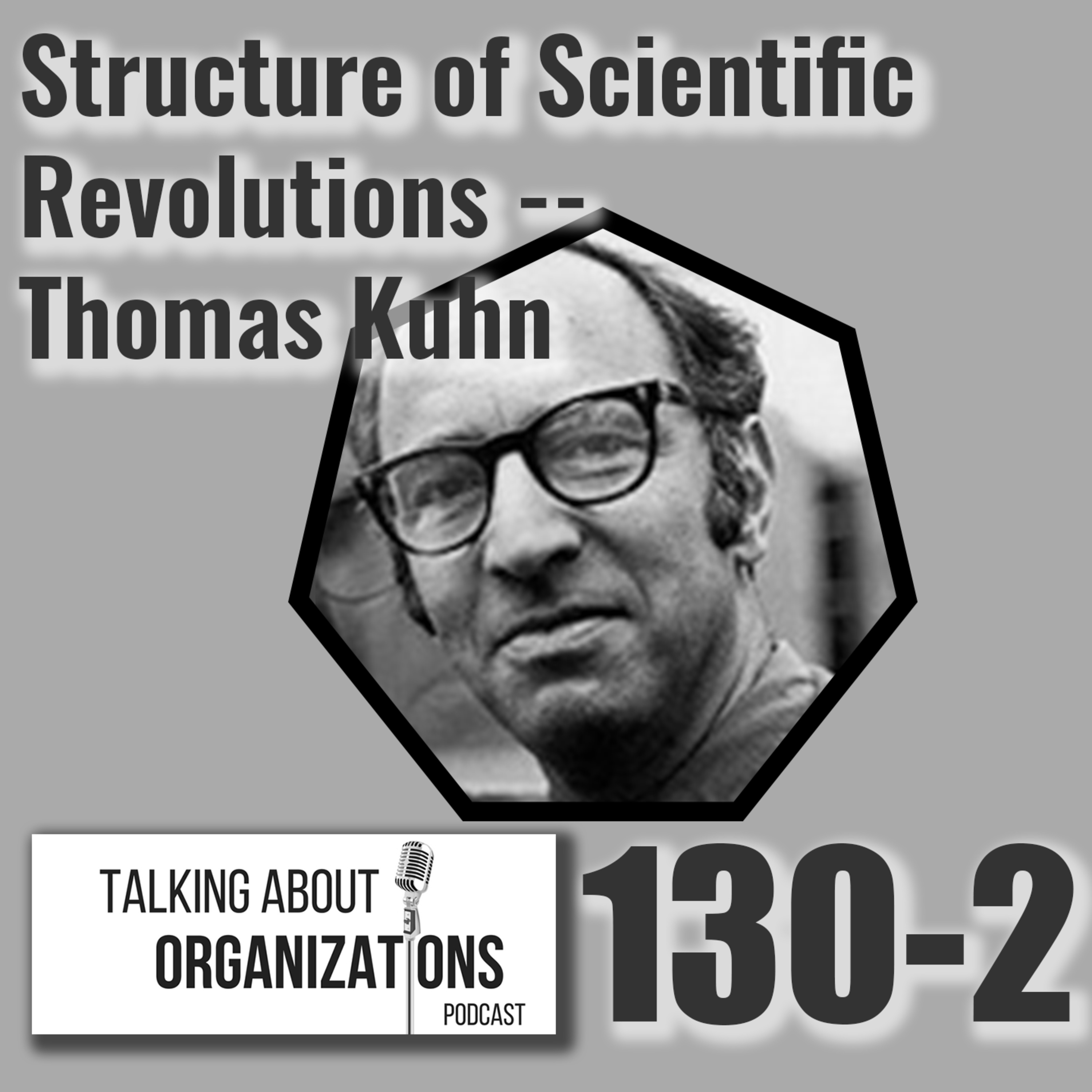
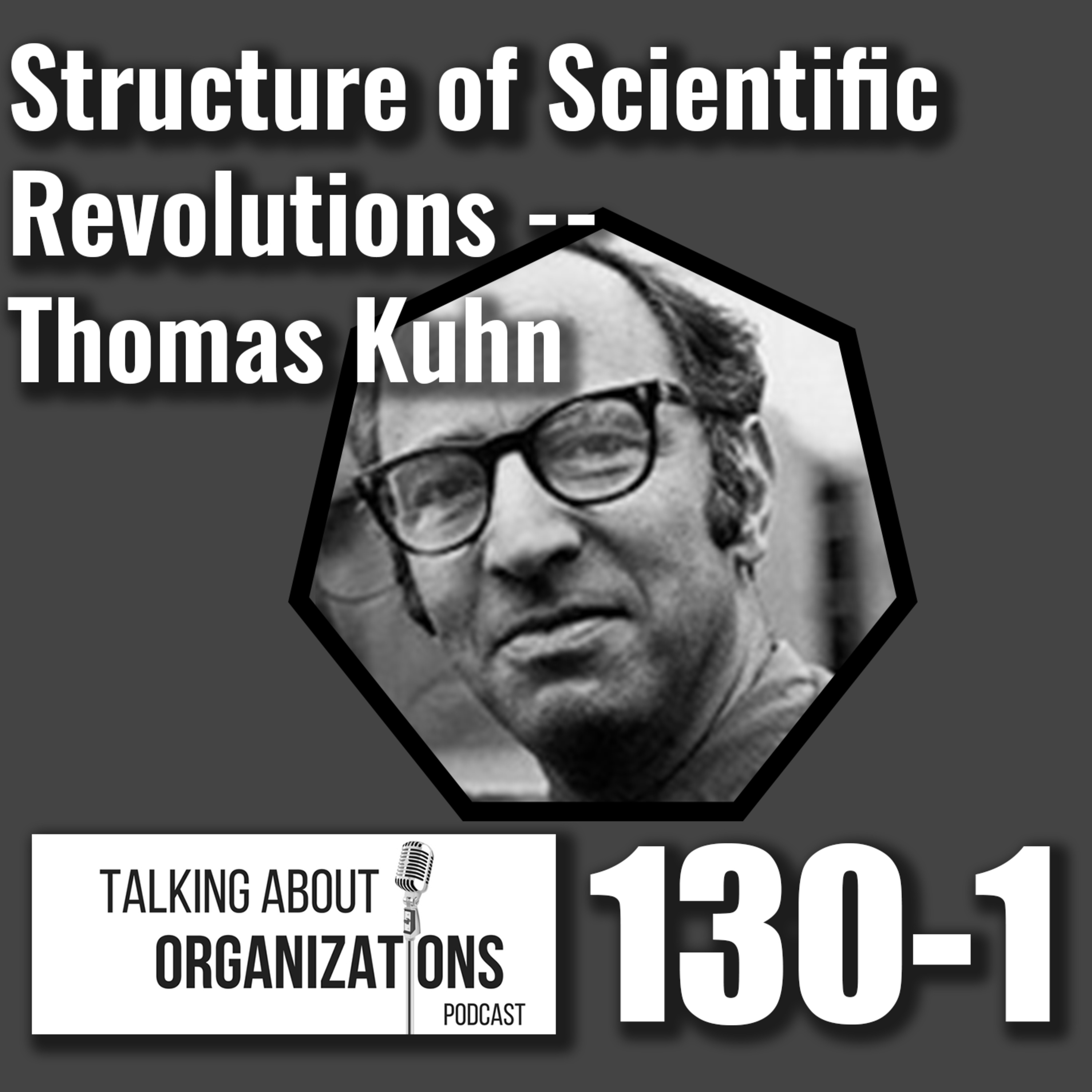
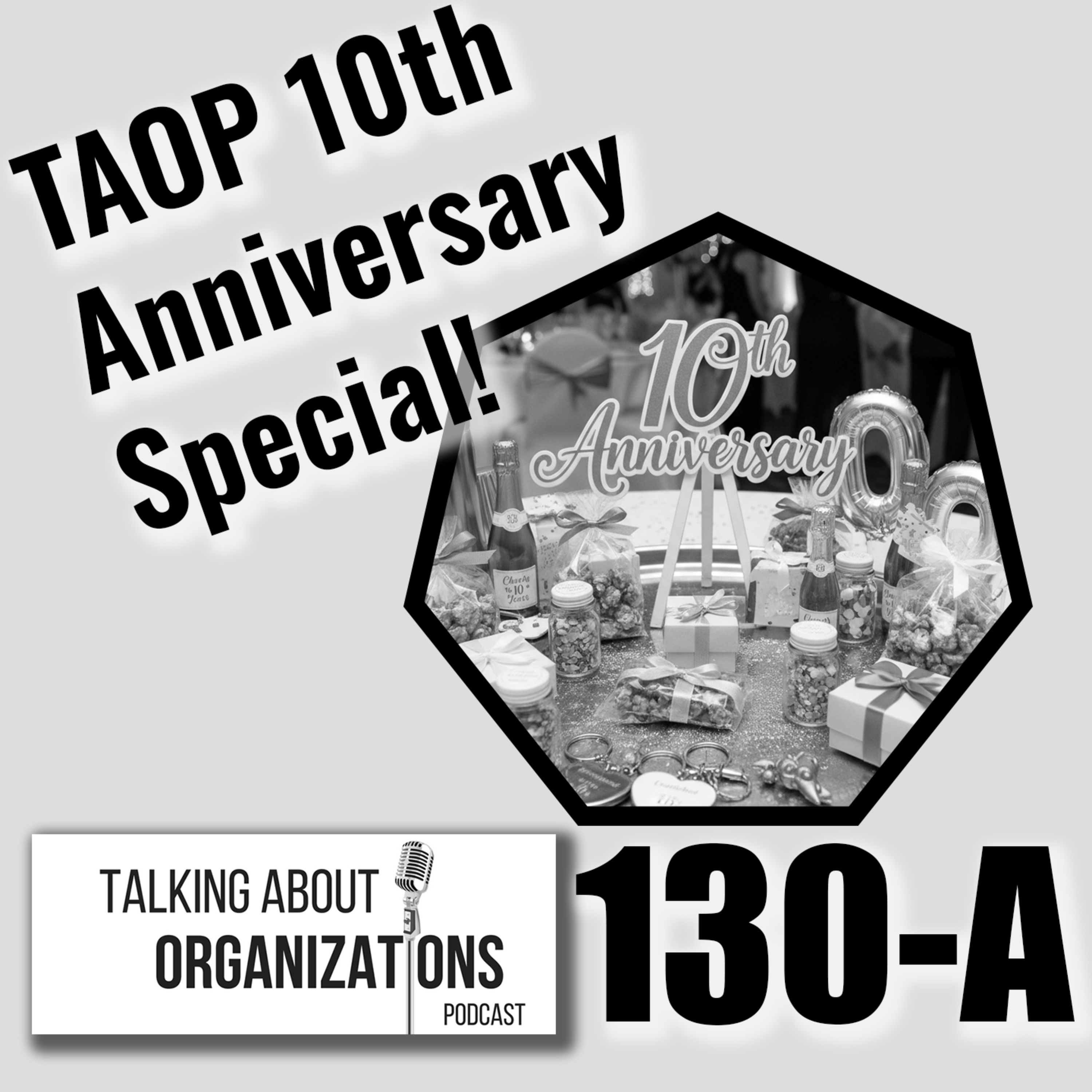
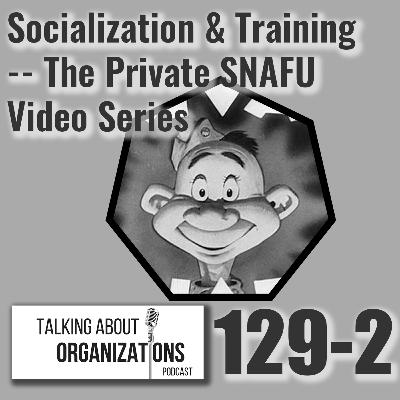
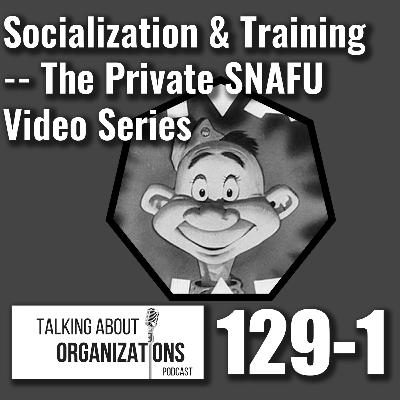
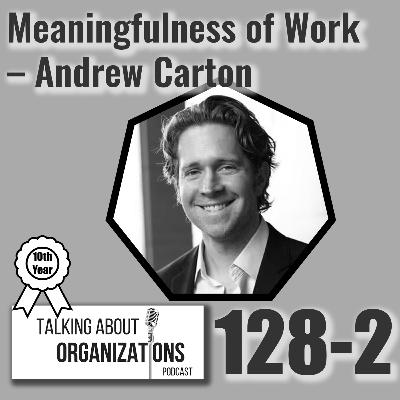
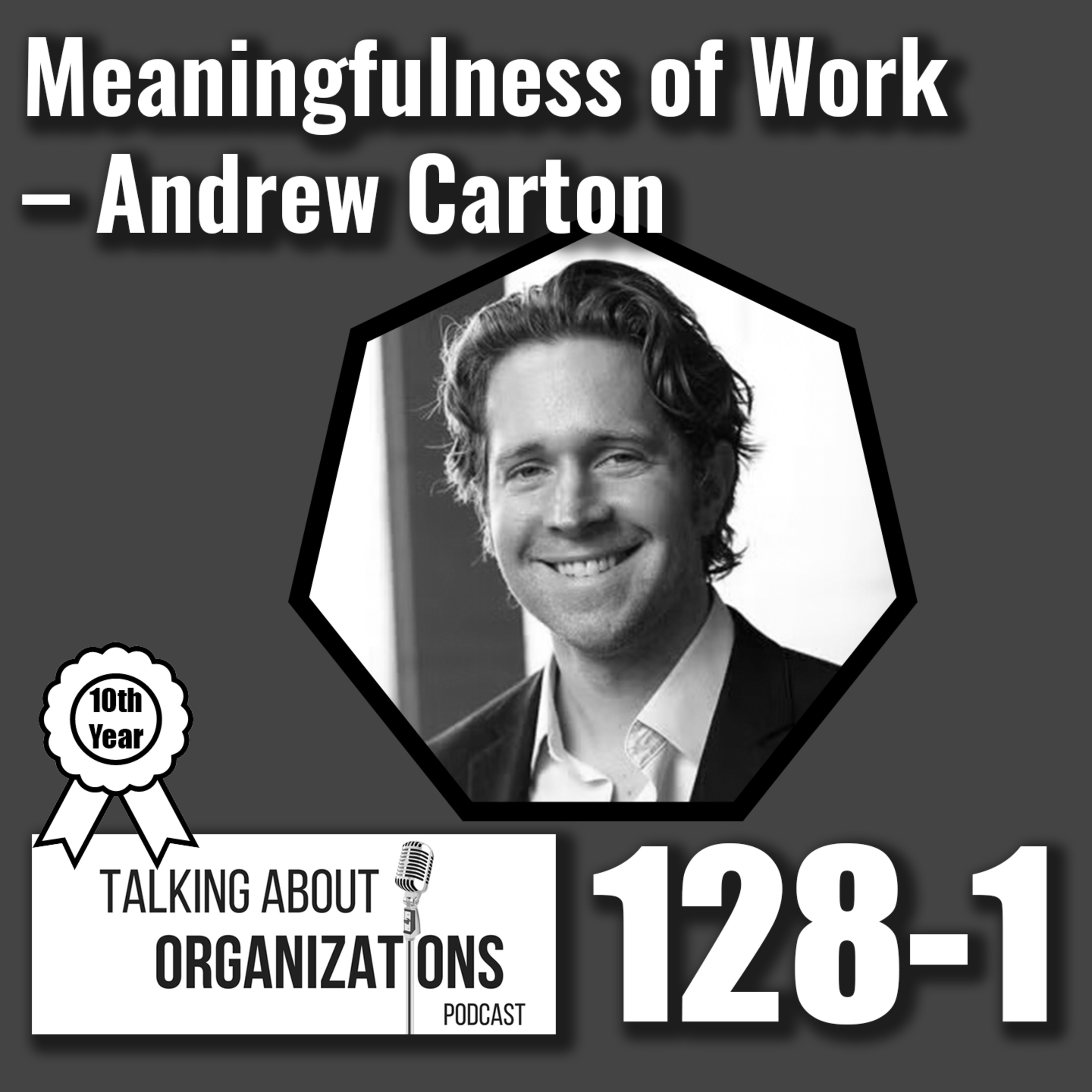
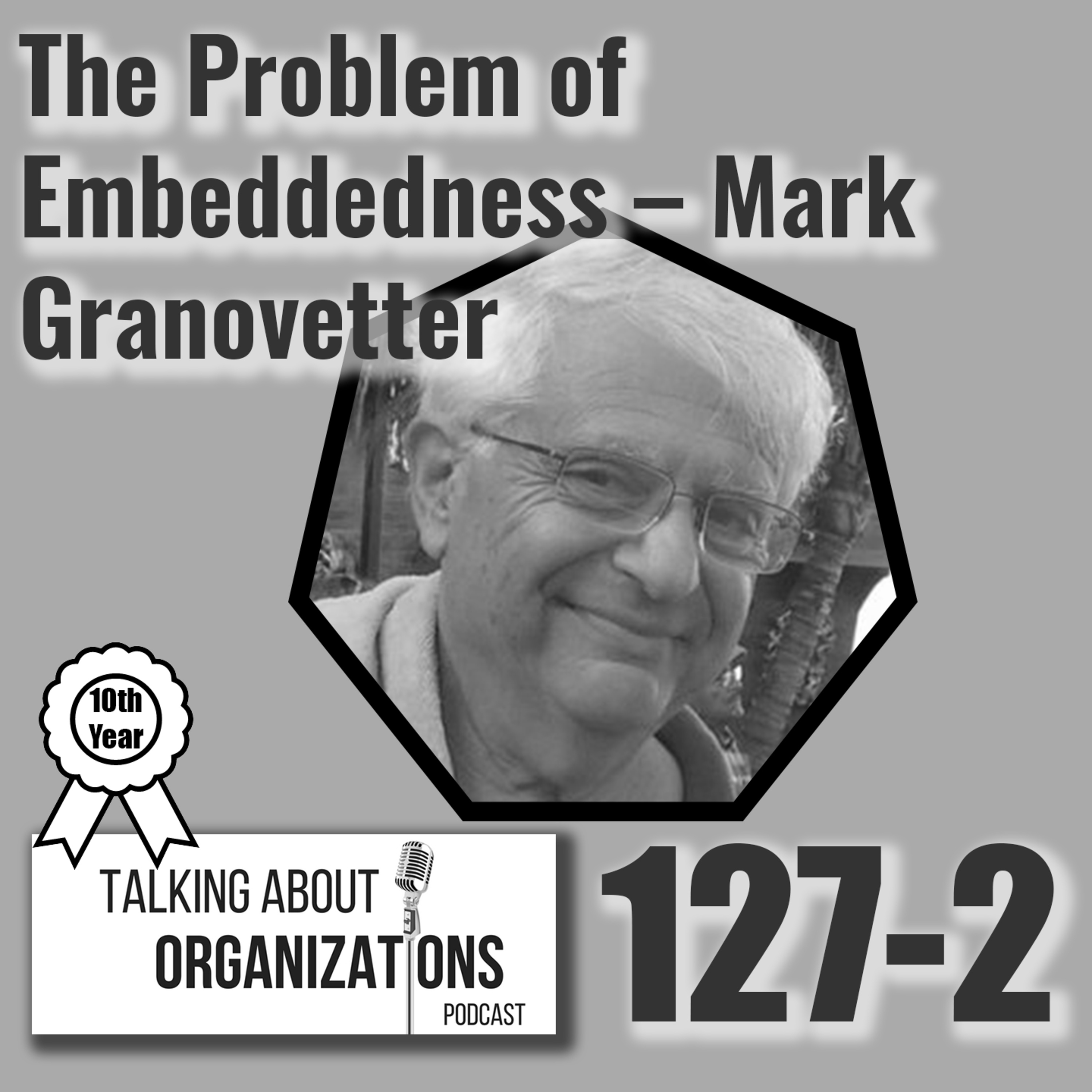
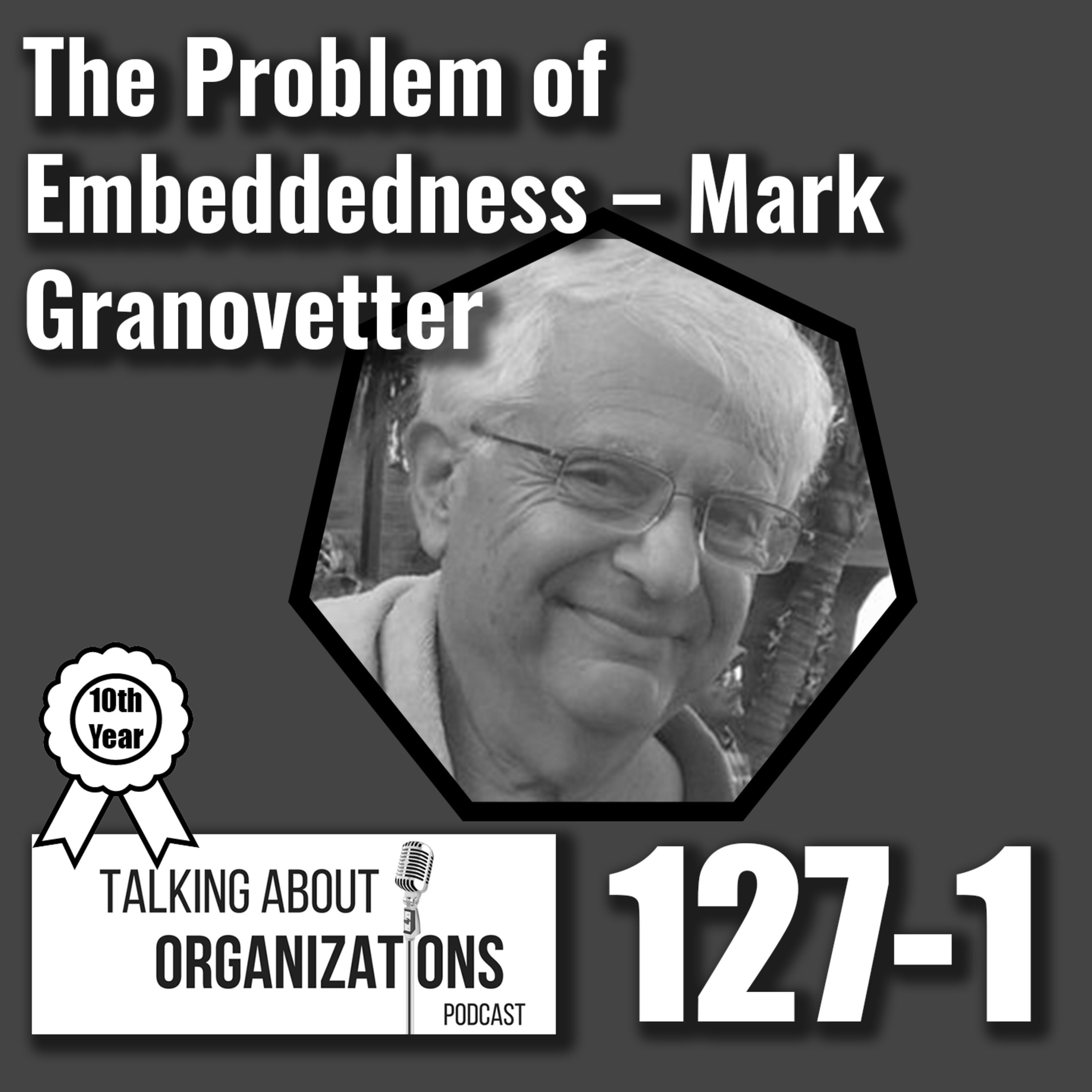



Interesting conversation! Too bad about the very bad sound quality though, many things are not possible to hear at all...